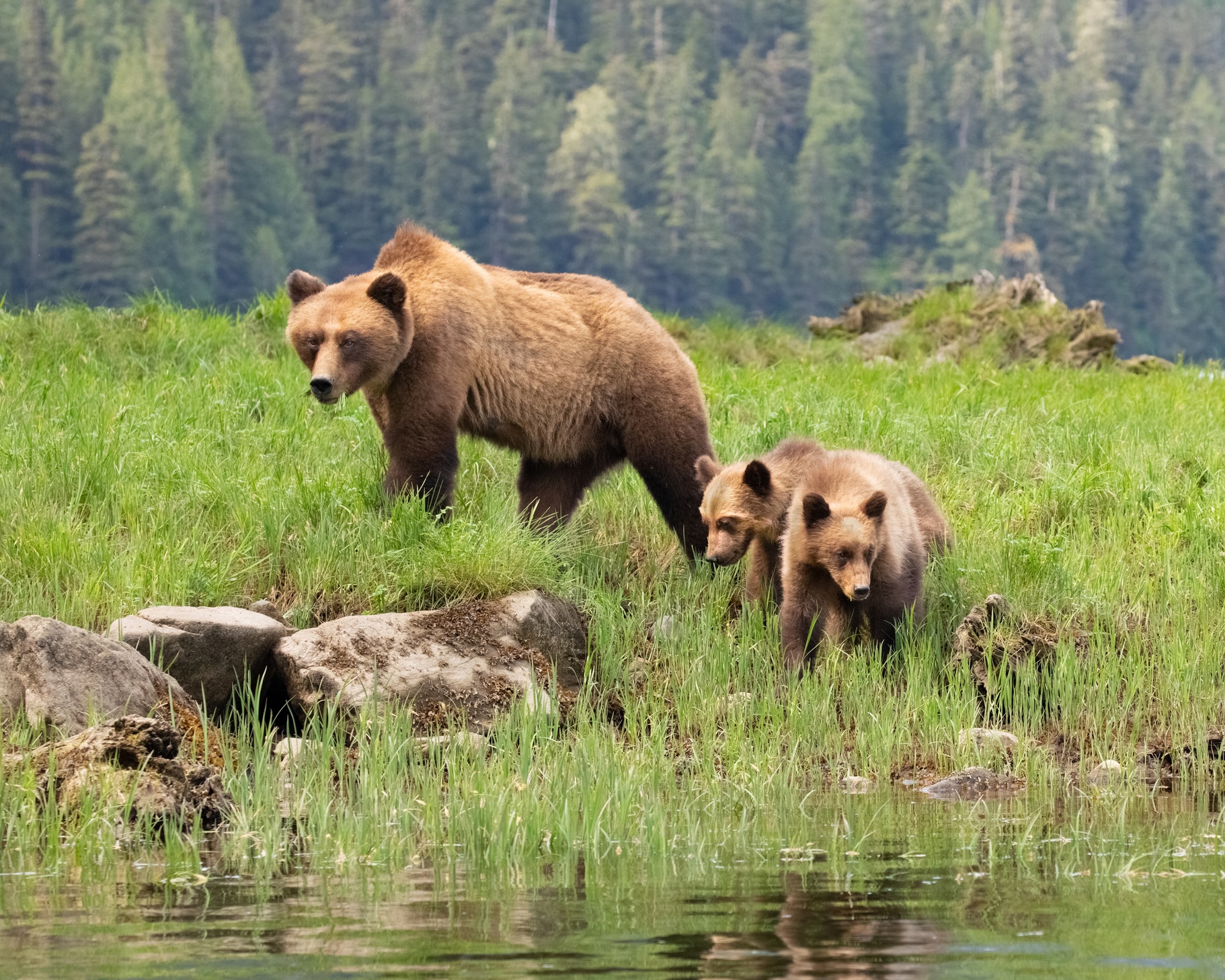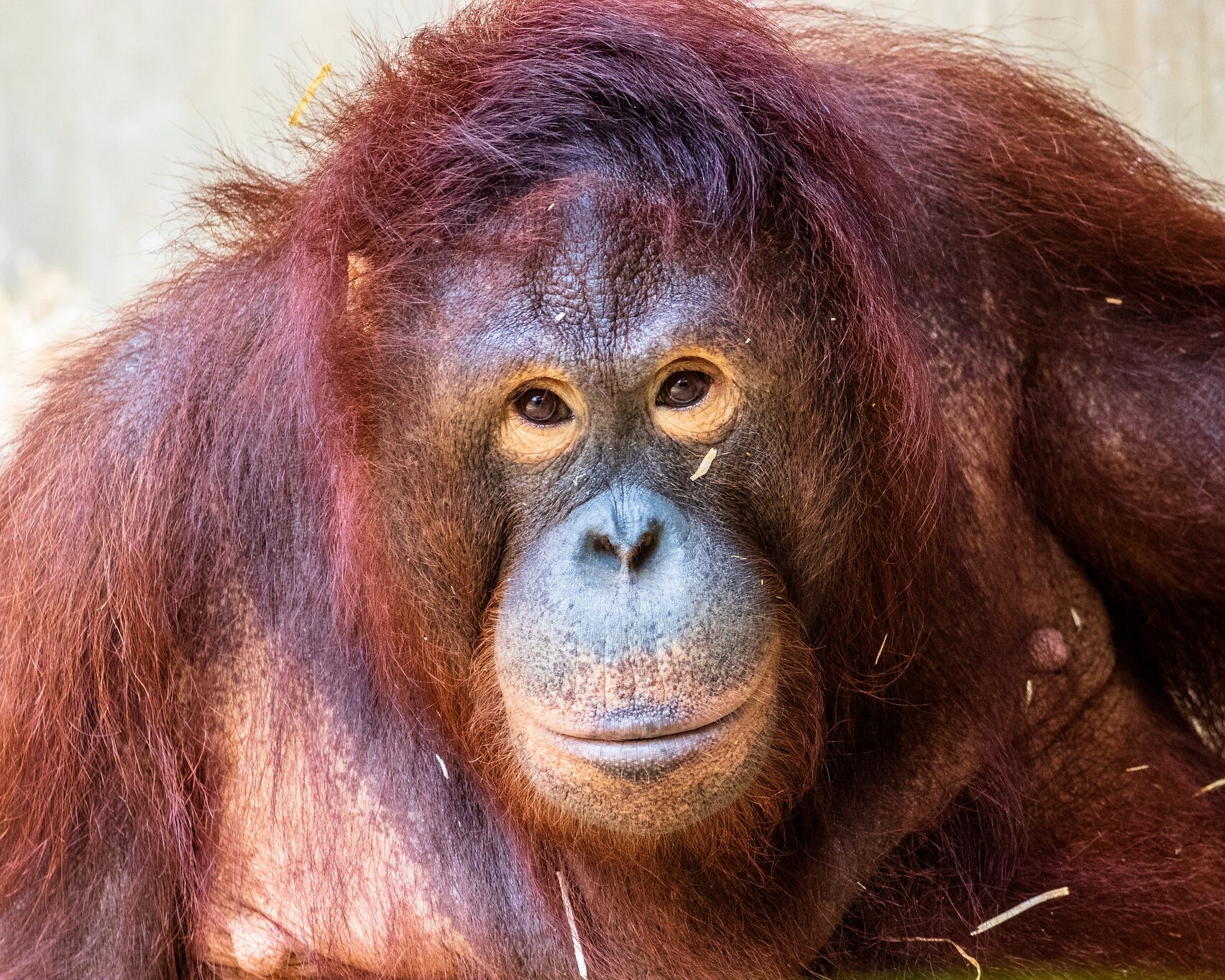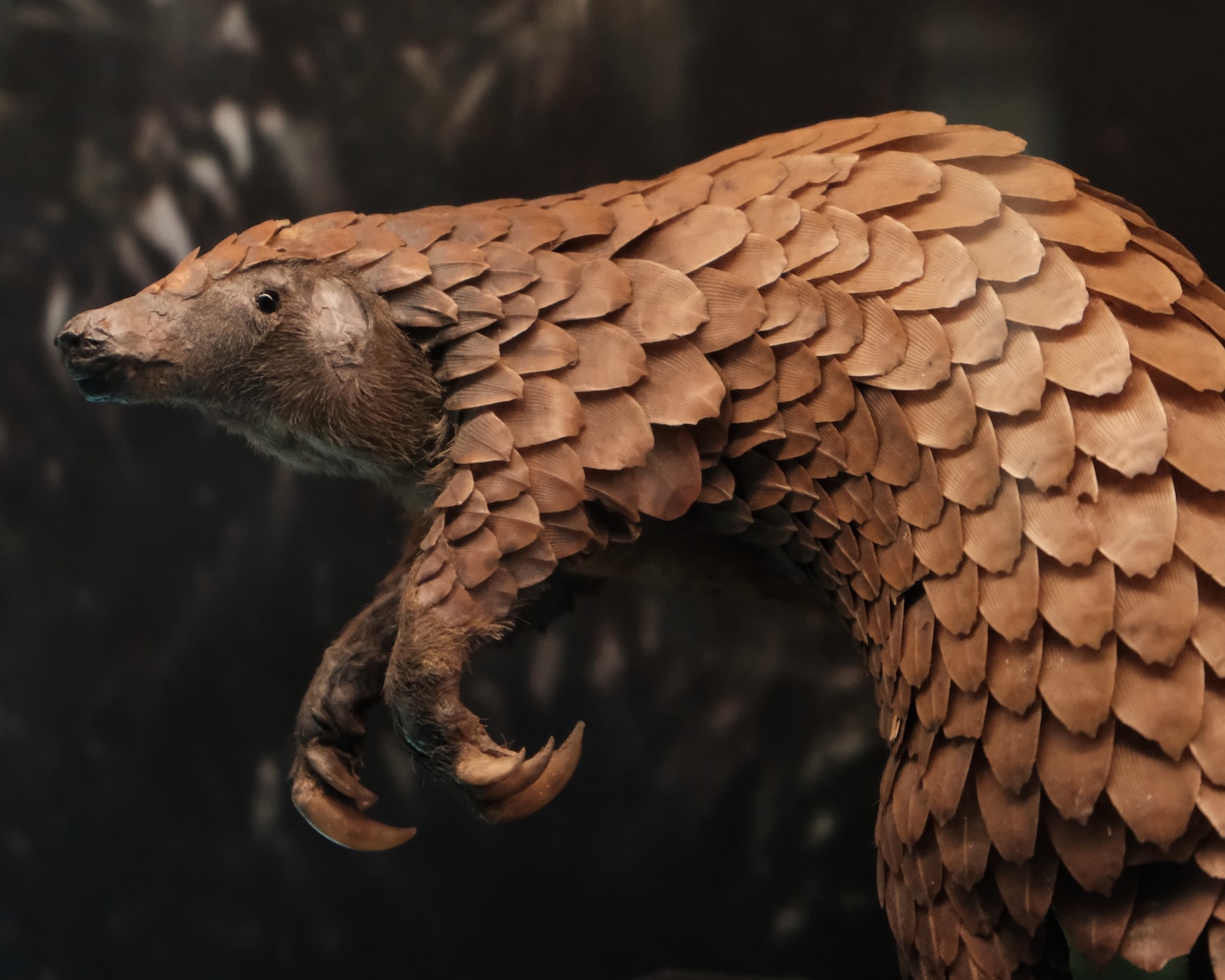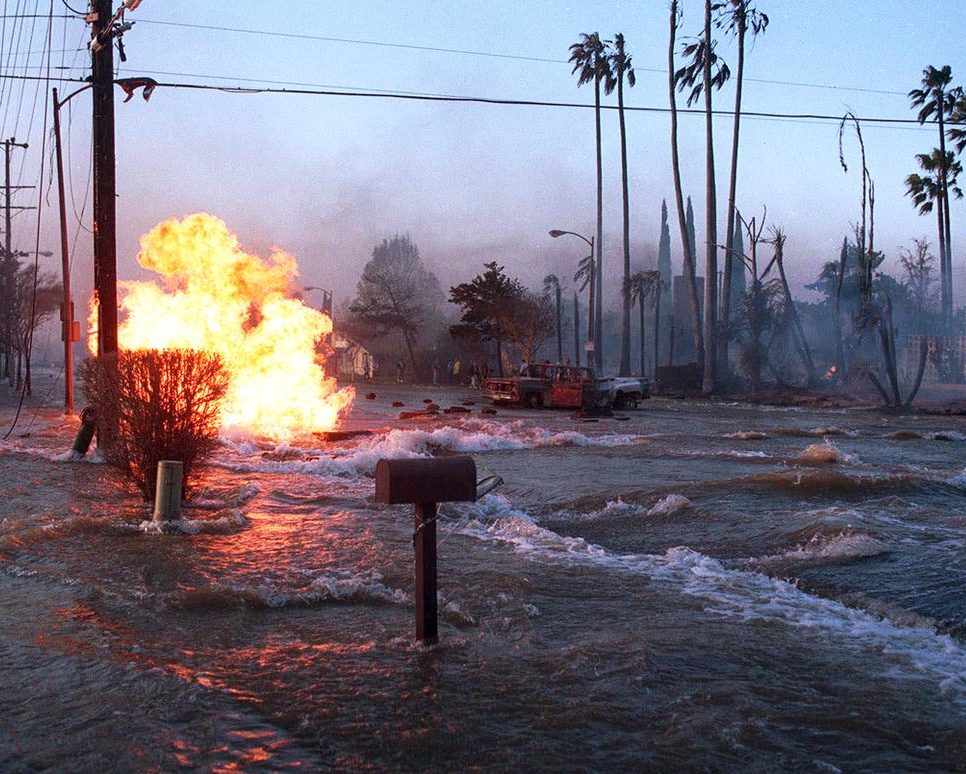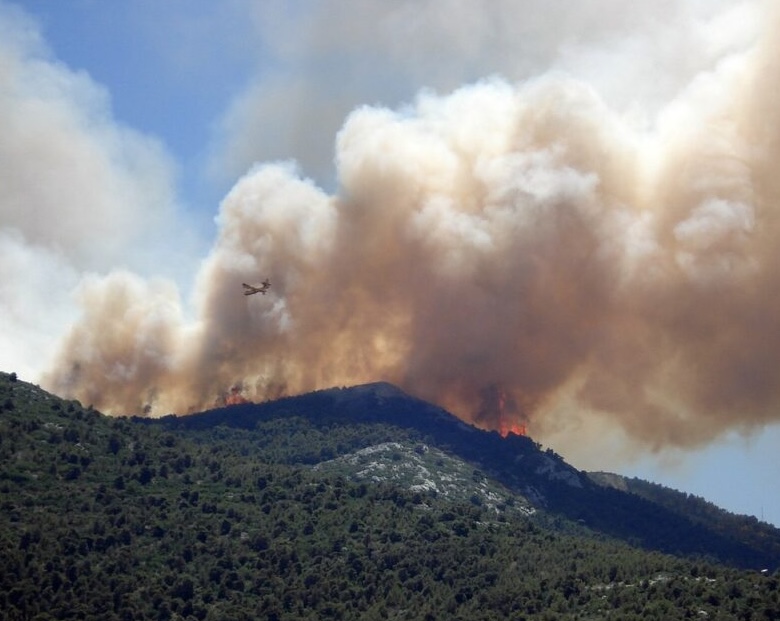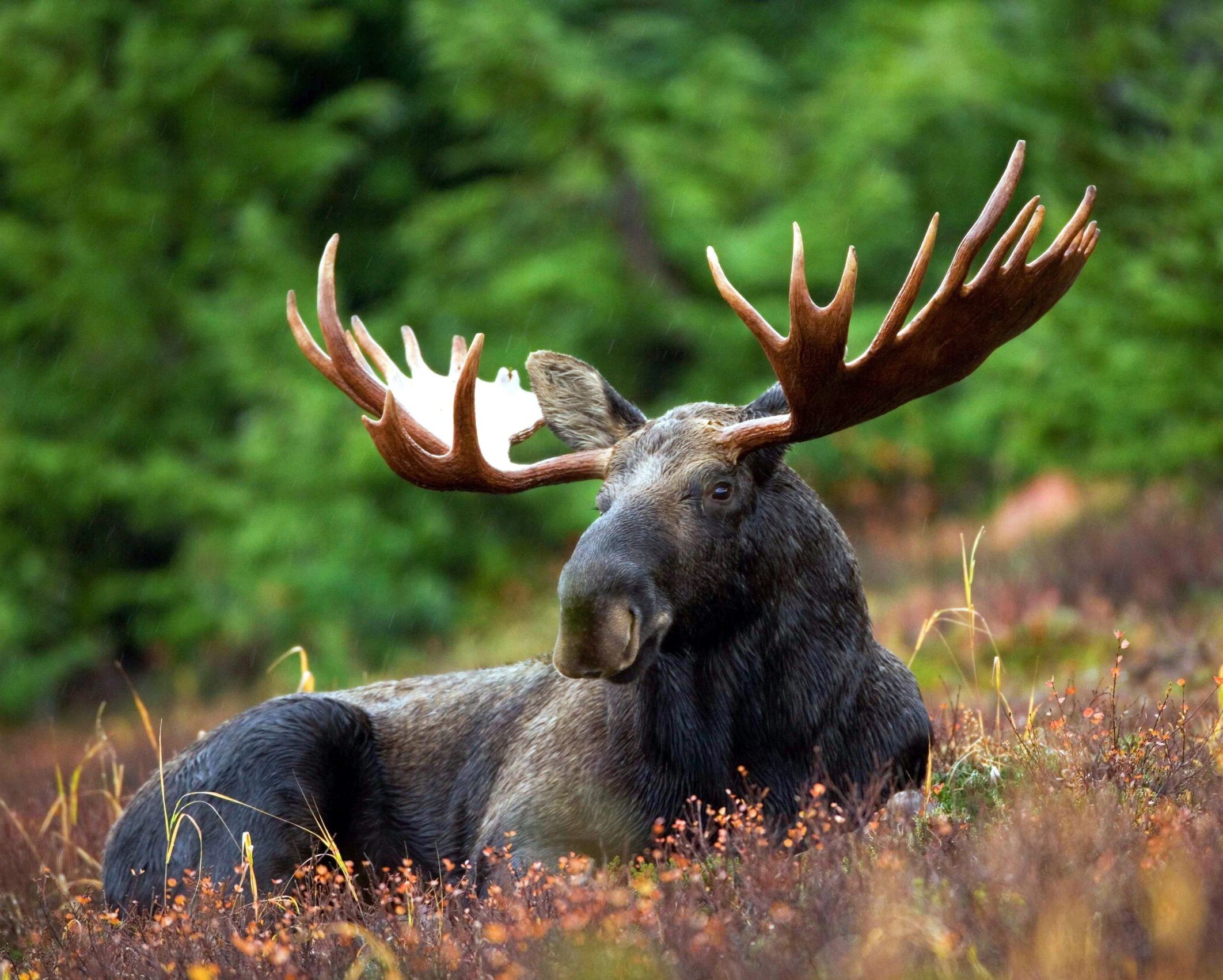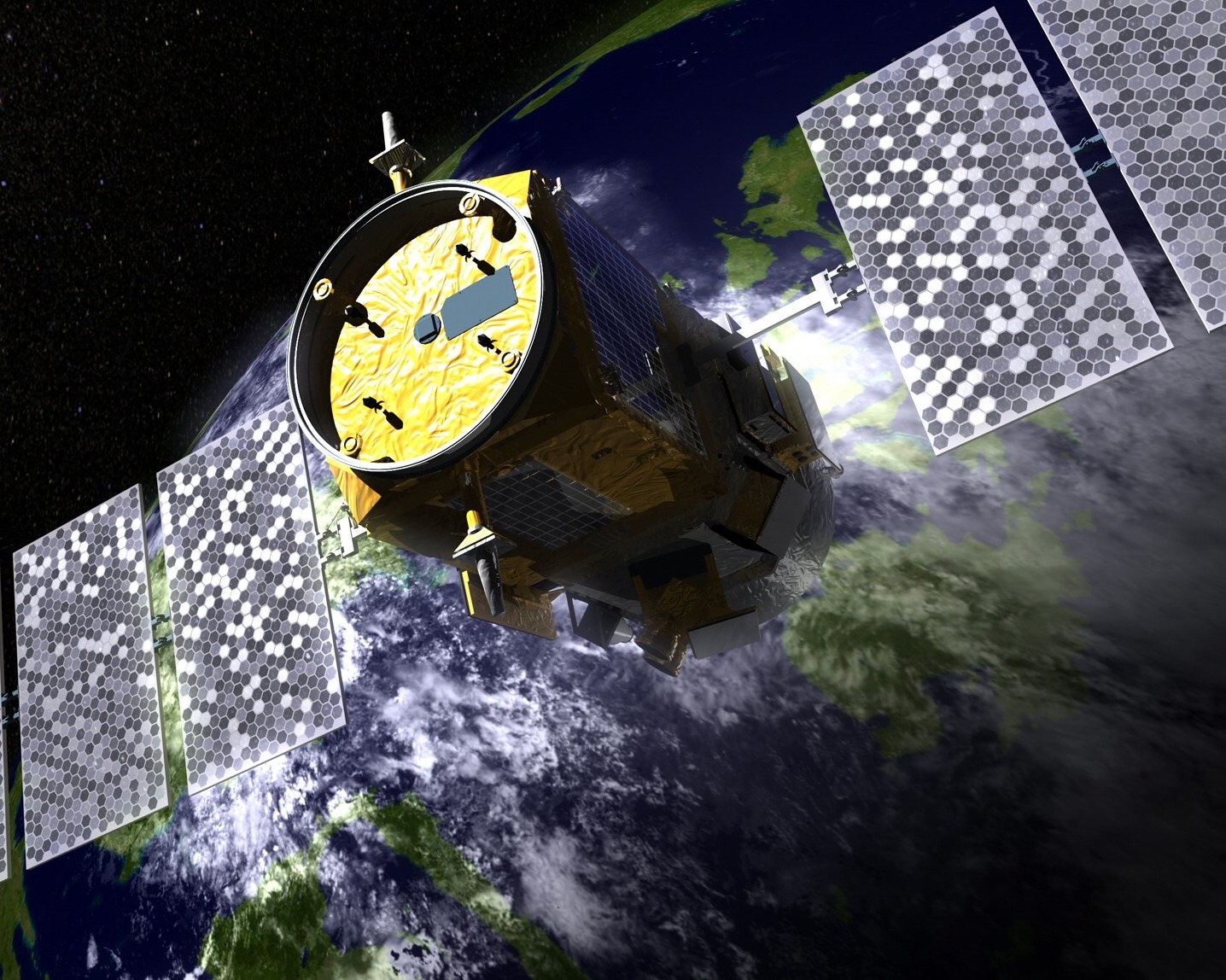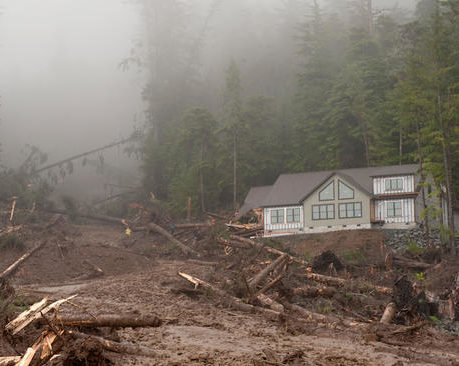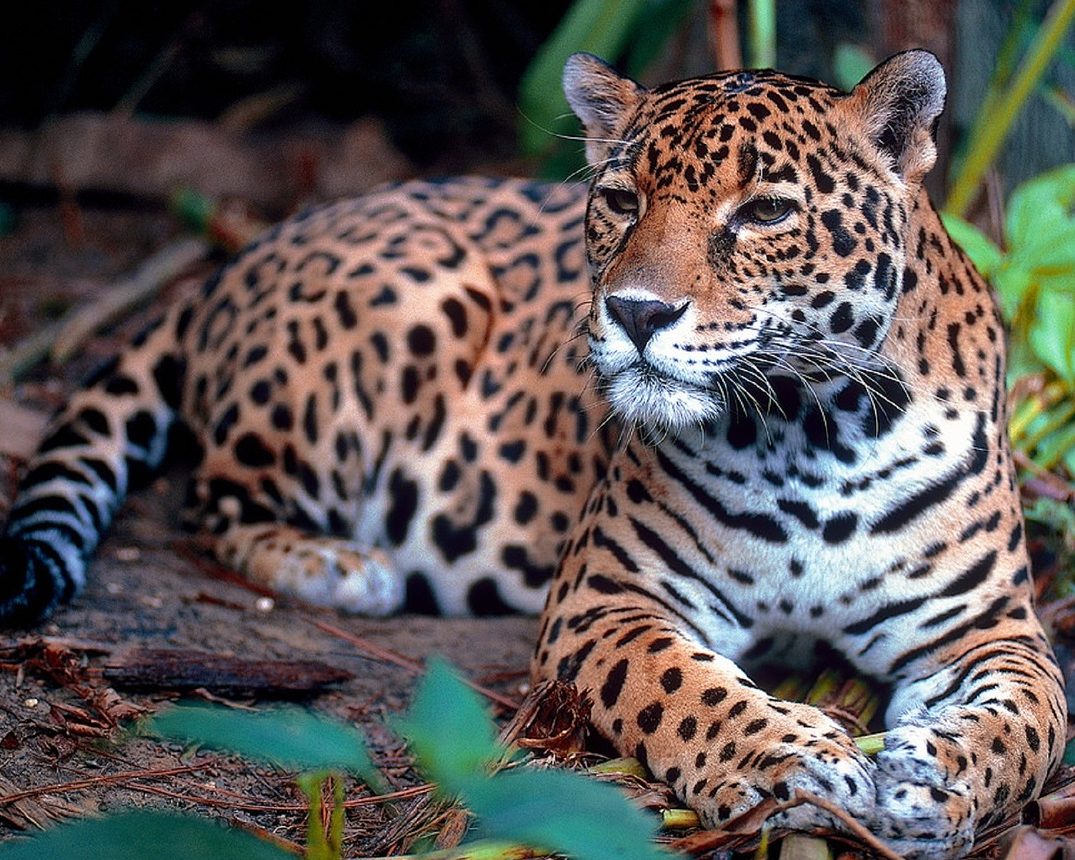Disaster resilience, migration, and wildlife conservation impact our society locally and globally
It takes a village. This interdisciplinary approach will design accurate, non-invasive, cost effective methods for monitoring wildlife populations at scale and in remote areas.
The research will build fundamental insight about how different computational approaches aid methods for detecting network patterns in illicit wildlife supply chains.
As part of a team led by Florida International University and funded by the Paul G. Allen Family Foundation, Operation Pangolin is working to learn more about pangolin conservation and how to prevent their trafficking. Pangolins are the most trafficked mammal.
It is important to have informed, effective, and efficient disaster planning and response capabilities. We have two goals: using AI to assist communities with 1) disaster planning and 2) disaster response.
Prescribed burns (burning on purpose parts of the landscape) are one of the key mitigation strategies available to reduce the potential damage of wildfires. However, where to conduct prescribed burns has long been a problem for domain experts.
Species movement will accelerate with changes in land use and climate change. Management planning from a place-based, siloed approach is difficult.
We aim to advance machine learning techniques in order to derive useful insights from satellite imagery, at scale, with the goal of tackling pressing problems in computational sustainability.
Landslides are a natural disaster that are hard to predict, but have the potential to cause significant and costly damage to infrastructure and human lives.
This project will support national health and prosperity by developing large-scale quantitative models for the strategic design of conservation plans to preserve biodiversity.




